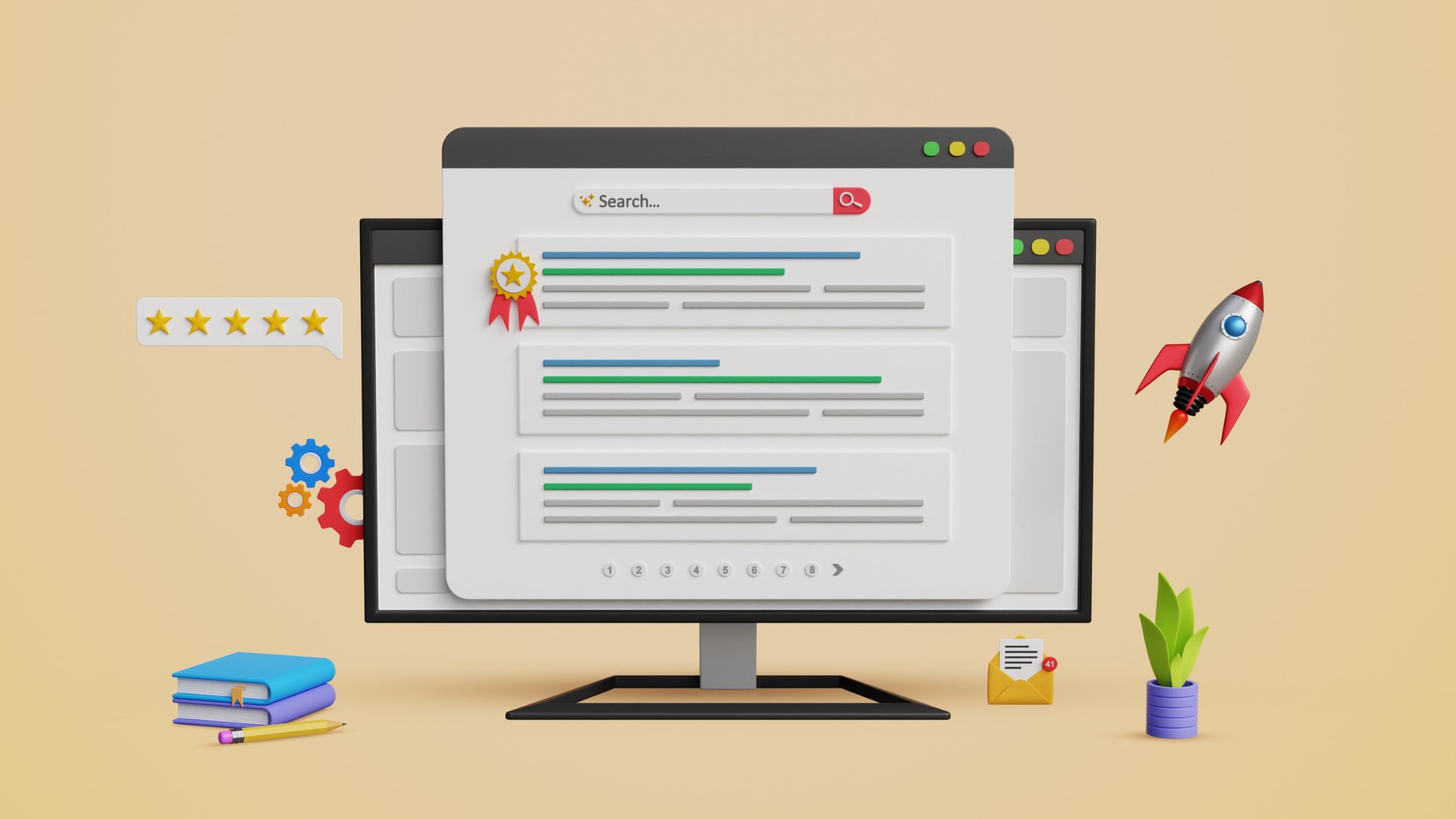Are you looking to enhance your hiring strategy in Singapore? Employee referral programmes could be your secret weapon.
These initiatives leverage your existing workforce to find top talent, offering a cost-effective and efficient approach to recruitment.
In this guide, we'll explore how to build an effective employee referral programme tailored for Singapore's unique business landscape. From setting clear goals to navigating local employment norms, we'll provide you with practical insights to boost your hiring efforts and find the right talent FAST.
An employee referral programme is a structured hiring strategy that encourages current staff to recommend qualified candidates for job openings within their organisation. This approach leverages employees' professional networks to identify potential talent, often offering incentives for successful hires.
According to SHRM, referred new hires tend to be higher performers and have longer tenures compared to non-referred hires. They are also a cost-effective way to tap into a pool of passive job seekers. The benefits of a well-designed referral programme include:
To implement an effective employee referral programme, Recruitee suggests that companies should:
Tribepad recommends driving a culture change where every employee becomes a '24/7 talent scout', proactively referring candidates. This approach, combined with attractive incentives and a strategic focus on high-impact roles, can significantly enhance your recruitment efforts.
Employee referral programs (ERPs) offer a cost-effective hiring solution for Singaporean businesses by leveraging existing employees' networks to reduce recruitment expenses like advertising and agency fees. Referred candidates are often higher quality, as employees recommend individuals with the right skills and cultural fit, which can result in quicker hiring and better retention rates. Additionally, ERPs help speed up the recruitment process and onboarding, as referred candidates are often pre-screened and familiar with the company, leading to faster integration and higher productivity.
Moreover, ERPs enhance employee engagement by involving staff in the recruitment process and expanding the candidate pool through their professional networks, providing access to passive job seekers in Singapore's competitive market. This boosts both employee satisfaction and company growth.
Employee referral programmes encourage your current staff to recommend qualified candidates for open positions within your organisation. You typically offer incentives or rewards when these referrals are hired, benefiting from their skills and reducing recruitment costs.
Implementing an employee referral programme can:
While referral programmes offer numerous benefits, be aware of potential drawbacks:
To mitigate these issues, consider implementing bias awareness training, setting clear quality criteria for referrals, and ensuring a fair and transparent hiring process.
Establish specific goals for your referral programme, such as improving quality-of-hire, increasing diversity, or reducing time-to-hire. Align these objectives with your company's recruitment challenges and growth strategy. Consider metrics like the number of successful hires, time-to-fill positions, and cost savings compared to traditional recruitment methods.
Offer a combination of monetary and non-monetary incentives to motivate employees. This could include cash bonuses, additional leave, or vouchers. Ensure rewards are commensurate with the role's importance and adhere to local employment norms. About half of companies offer monetary bonuses ranging from $500 to $2,500, but consider what works best for your organisation.
Develop transparent policies that outline eligibility criteria, referral procedures, and reward structures. Integrate the programme with existing recruitment processes to streamline operations. Utilise an applicant tracking system (ATS) to manage referrals efficiently, allowing employees to submit referrals easily and track their status.
Regularly remind employees about open positions and the referral programme. Host recruitment events to highlight the programme and educate new hires during onboarding. Maintain open communication channels to address queries and provide feedback to referring employees, fostering engagement and participation.
Start by establishing specific, measurable objectives for your referral programme. According to SHRM, determining strategic goals and anticipated outcomes is crucial. Consider targets such as reducing time-to-hire, improving quality of candidates, or increasing diversity. Align these goals with your company's broader recruitment challenges and business objectives.
Develop a straightforward system for employees to submit referrals. Utilise applicant tracking software to streamline the process and facilitate communication. Ensure the programme is accessible to all employees and provide clear guidelines on how to participate. This approach not only encourages participation but also helps in managing referrals efficiently.
Offer a mix of incentives to motivate employees. Consider both financial rewards (e.g., referral bonuses) and non-monetary incentives (e.g., extra holiday time, unique experiences). Tailor these rewards to align with your company culture and employee preferences. Remember to recognise and reward employees promptly when their referrals are successful.
Launch your programme with a comprehensive communication strategy. Utilise various internal channels to spread awareness and provide regular updates. Integrate the programme into your onboarding process to ensure new hires are aware from day one. Continuous promotion helps maintain enthusiasm and encourages ongoing participation.
Regularly track key metrics such as referral rates, participation levels, and hire ratios. Analyse the programme's impact on workforce diversity to ensure compliance with fair employment practices. Use these insights to identify areas for improvement and refine your strategy over time, ensuring your referral programme remains effective and aligned with your hiring goals.
When selecting incentives for your employee referral programme, consider both monetary and non-monetary options. Cash bonuses typically range from $500 to $5,000, depending on the position's complexity. Non-monetary rewards can include extra time off, event tickets, or public recognition. To ensure effectiveness, survey your employees to understand their preferences and motivations.
Implement a tiered bonus system that varies based on the role's difficulty and importance. This approach can motivate employees to refer candidates for hard-to-fill positions. Consider offering higher rewards for successful diversity hires to promote inclusivity in your workforce.
Decide on the timing of reward distribution. Some companies offer a portion of the bonus upon hiring and the remainder after the referred employee completes a probation period. This approach encourages ongoing support for new hires and promotes retention.
Beyond financial incentives, focus on cultivating a referral culture. Keep employees informed throughout the hiring process, acknowledge their contributions, and celebrate successful referrals. This approach can boost participation and create a positive atmosphere around your referral programme.
Effective communication is key to encouraging participation in your referral programme. Regularly update your team on the programme's status, provide feedback on referrals, and prioritise timely communication with referred candidates. Consider launching specialised marketing campaigns to promote the programme internally.
Offer attractive incentives to motivate employees. Cash bonuses, gift cards, or additional leave can be powerful motivators. Clearly outline the terms and conditions for these rewards, such as the duration a referred candidate must work before the referrer receives the incentive.
Celebrate successful hires from referrals to maintain enthusiasm. Recognise referring employees publicly, showcasing the positive impact of their contributions. This recognition can inspire others to participate actively in the programme.
Streamline the referral process to make it user-friendly. Implement an applicant tracking system to simplify submissions and automate follow-ups. A straightforward process encourages more employees to refer candidates from their professional networks.
Remember to emphasise the programme's benefits for both the company and employees. Highlight how referrals can lead to working with skilled colleagues and potentially enhance team dynamics. This approach can motivate employees to actively seek out high-quality candidates within their networks.
To make your employee referral programme effective, start by establishing a clear referral process. Ensure employees can easily submit candidate information and details. Consider using an applicant tracking system (ATS) to streamline the referral and hiring process, making it user-friendly for your staff.
Determine rewards that will motivate employees to participate actively. This could include cash bonuses, gift vouchers, or extra leave days. Be sure to set clear terms and conditions around these incentives, such as the duration the referred candidate must work before the referrer receives the reward.
Promote your referral programme through various channels like email, social media, and internal communications. Regularly remind employees about open roles and the referral process. Effective communication is key to keeping the programme at the forefront of employees' minds, encouraging ongoing participation.
Set up a system to track the success of your programme. Monitor metrics such as the number of referrals, successful hires, and retention rates. Use this data to refine and improve your programme over time, ensuring it remains effective and aligned with your recruitment goals.
Singapore's leading companies have implemented creative referral programmes to attract top talent. DBS Bank offers a 'Recommend a Friend' initiative, rewarding employees with cash bonuses for successful hires. This programme has significantly reduced hiring costs and improved retention rates.
Many Singaporean firms leverage technology to streamline their referral processes. For instance, Atlassian's team-based approach rewards entire teams for successful hires, fostering collaboration and shared achievement. This model has been adopted by several local tech startups, enhancing their recruitment efficiency.
Recognising the importance of workplace diversity, some Singaporean companies have tailored their referral programmes accordingly. Similar to CVS Health's approach, local firms like Grab and Shopee encourage employees to refer candidates from underrepresented groups, supporting inclusive hiring practices whilst tapping into diverse talent pools.
Employee referral programmes offer a powerful tool for Singapore businesses to enhance their recruitment efforts. By implementing a well-structured programme, companies can tap into their employees' networks, reducing hiring costs and improving retention rates.
Remember to align your referral strategy with local employment norms, promote inclusivity, and adhere to Singapore's labour laws. With careful planning and execution, your referral programme can become a cornerstone of your hiring strategy, helping you find the right talent FAST in Singapore's competitive job market.
Ready to revolutionise your hiring process? Start building your employee referral programme today!

In Singapore’s job market, portals offer fast access while agencies provide tailored matchmaking.
Read more
Retail in SG is rising! Wage growth & skills training create new career paths. Explore jobs with FastJobs.sg.
Read more
Hiring faster starts here—Job Bump boosts your listing by 30%+ without needing a repost.
Read more